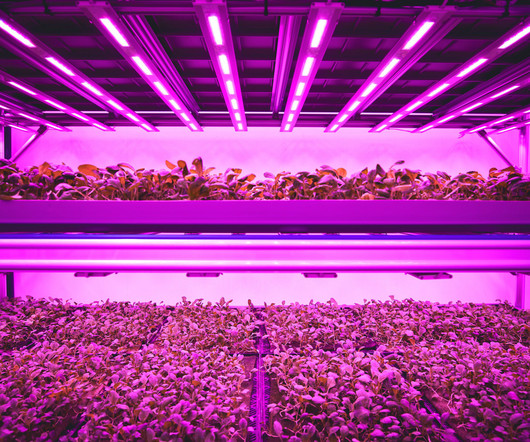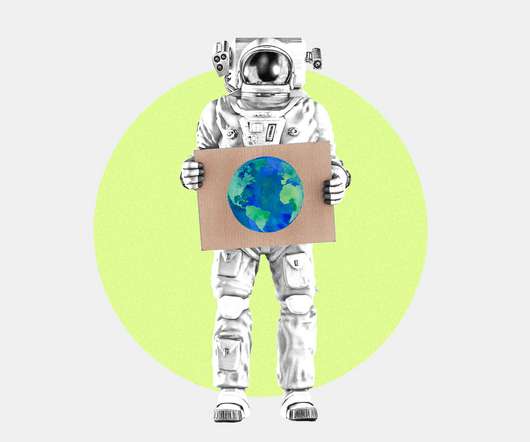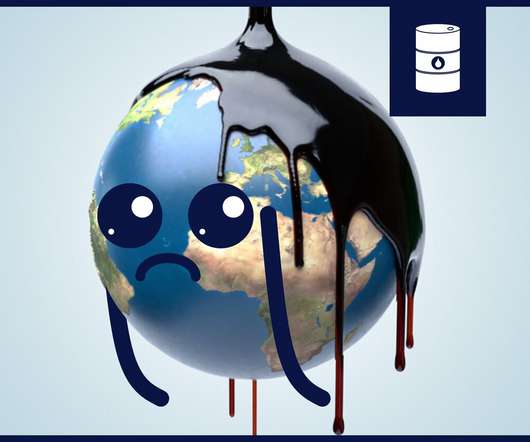Comment: Technology will be crucial to the success of vertical farms
Envirotec Magazine
APRIL 5, 2023
According to the World Bank, agricultural development is one of the most powerful tools to end extreme poverty, boost shared prosperity, and feed a projected 9.7 In recent decades, growth in agricultural production has come with a heavy price; causing unsustainable harm to the environment and biodiversity. billion people by 2050.















Let's personalize your content